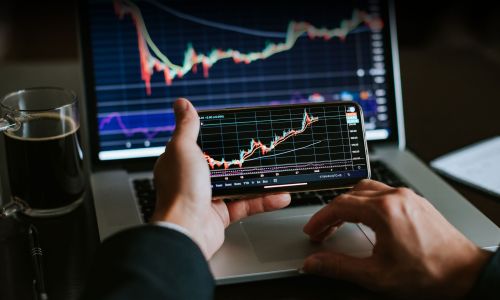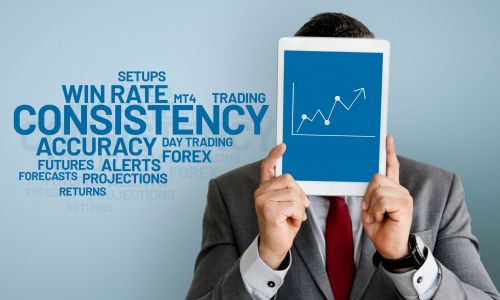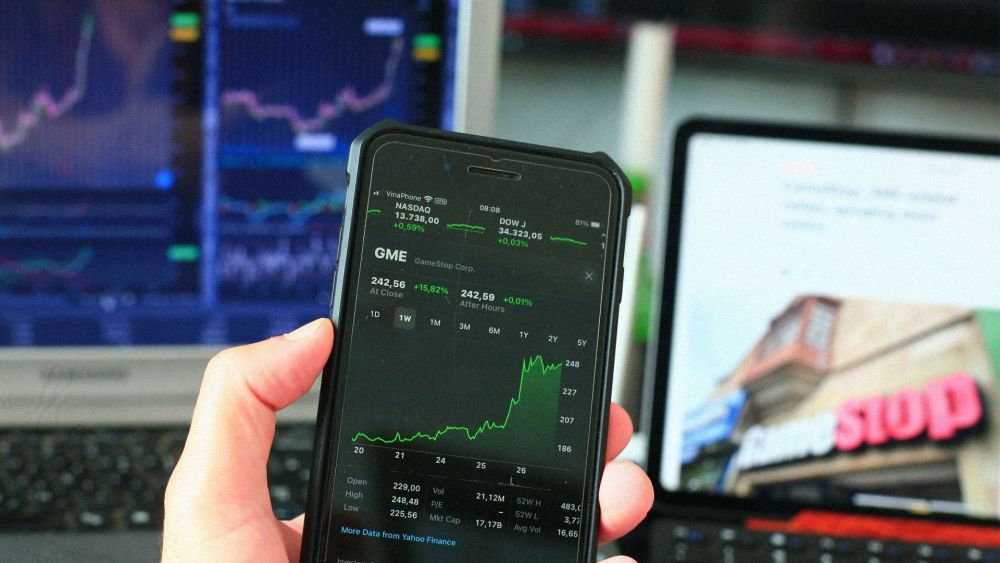For the veteran traders who’ve heard decades of overblown finance stories, the buzz around Gamestop barely registered a blip. It was an all-but-forgotten shopping mall stalwart and a company that had largely been left out of the gaming’s industry’s shift to eCommerce.
At the same time, there were the unwashed trading masses, known as “retail traders” or, in their own words, “degenerate gamblers.” They were the novices trading their paystubs and stimulus checks – largely on Robinhood. For them, a completely different story was unfolding – one that would take the world’s most influential market makers, hedge funds, and even the mainstream press by surprise.
For a brief moment, it seemed like small-time traders might have the upper hand.
A critical mass of traders on the then-niche trading community r/wallstreetbets believed they had found a sure thing in $GME. Hedge funds like Melvin Capital had shorted it so heavily that, at one point, there were 1.39 short shares for every 1 actual share of GameStop. As this news began to disseminate among online trading communities, thousands of amateurs learned just enough to be dangerous – to themselves. They bought millions of dollars’ worth of shares, expecting that short sellers would eventually have to pay absurd prices to cover their shorts.
The extreme level of short interest drove Gamestop’s stock down to a low of $2.57 in April 2020, which had gradually recovered to around $20 by January 2021. The stock proceeded to skyrocket to over $500 and closing at $347.51 on January 27th. It was a textbook mania, with countless traders purchasing shares on pure speculation, with many spreading claims that the price would soon reach $1,000 or more.
While some hedge funds did suffer catastrophic losses, it was the inexperienced traders who lost their t-shirts. When news of a disorganized group of amateur activist traders hit the mainstream media, millions joined the WallStreetBets community and pushed trading volume on $GME to nearly 200,000,000 shares in a day. The extreme bubble dropped almost as quickly as it rose, closing at $53.50 on February 4th.
So where does that leave us today?
The GameStop fiasco was a rare bottom-up movement in finance, but retail traders ultimately ended up biting off more than they could chew. A year later, we’re seeing this flash in the pan begin to make waves throughout the world of finance. The SEC has since stepped in to regulate short selling, and dozens of class action lawsuits have been filed against Robinhood for temporarily halting $GME trades on its platform.
Today, the message board that spun up attention has reached over 10 million members. r/wallstreetbets is now rampant with traders looking for “the next Gamestop.” Meanwhile, hedge fund managers have done what they always do – manage risk. “Retail trader” hotspots like Reddit, Discord, and even TikTok are being monitored by research firms for rumors and trends before they begin moving the markets.
-

The rhytm beneath the noise
-

You Don’t Need a Trading Style. You Need an Edge.
-

Consistency Isn’t the Goal—It’s the Outcome
-

What 2 Quadrillion Data Points Told Us
-

Math and Physics-Based Trading in Any Market Condition
-

Do not worry about anomalies
-

Consistency should not be the goal. Consistency should be the result.
-

Stop canceling fridays
-

The Elliott Wave Forecast is Subjective, Bias Driven And Backwards looking
-

Finding patterns in market data

